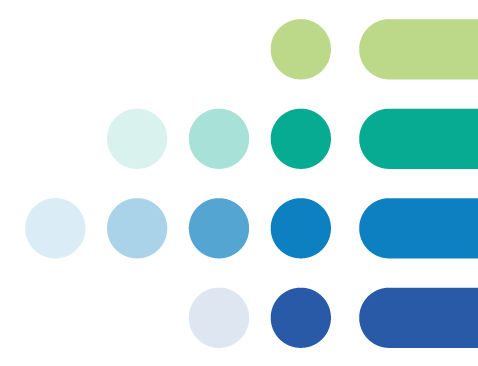Asset-Based Community Development (ABCD)
What is ABCD?
What is ABCD?
Asset-Based Community Development (ABCD) is a methodology used for developing communities by building on the existing strengths, resources, and potentials of the community. The DASH ABCD funding program was active in 2022.
ABCD acknowledges that community members are empowered, active, and autonomous participants in the process of improving their own lives. This methodology stands in contrast to traditional needs-based community development which tends to focus on the deficits of a community, resulting in interventions that treat community members as passive subjects without much agency and autonomy.
John L. McKnight and John P. Kretzmann developed the methodology at the Institute for Policy Research at Northwestern University in Evanston, Illinois. McKnight and Kretzmann outlined their methodology in their seminal 1993 book Building Communities from the Inside Out: A Path Toward Finding and Mobilizing A Community’s Assets.
Common tools used in ABCD include capacity inventory, asset mapping, time banks, and more. To learn more about the basic principles of ABCD, visit the ABCD Institute website.
Download Our Free Workbooks
Using Data to Tell Your Community’s Story
Improving Health Equity through ABCD
DASH 2022 ABCD Cohort
In 2022, DASH set out to work with community collaborations that bring together community members, institutions, and organizations with the aim of identifying interventions that can combat health disparities in communities that have been historically and systematically denied a full opportunity to participate in aspects of economic, social, and civic life.
The cohort was designed for organizations and organizers that are interested in developing their work through an ABCD program design, prioritizing local strengths, assets, and grassroots community leadership.
DASH’s funding program was designed to help these organizations increase their understanding of community data infrastructure as an asset to leverage (among others) to achieve their goals. Participants had to be institutions capable of accepting the award funding to then distribute it based on the collaborative’s decisions.
Cohort participants were guided through a curriculum, engaged directly with trained faculty, received 1-1 coaching, and participated in peer learning opportunities on how to use principles of ABCD. Participants in the cohort engaged with the DASH program office and ABCD programming for a few hours a month, with the expectation that learnings would be applied locally through regular collaborative convenings.
Purpose
The purpose of this program was to offer direct technical assistance and funding to community‐based social services (CBSS) in a way that may help combat systemic racism inherent in many institutions, including philanthropy.
The funding and assistance was designed to build the capacity of CBSS so they may engage with community members and collectively play a more empowered role in their partnerships with healthcare organizations and local governments, public health and social services, and other sectors using data to improve equity and local health outcomes.
DASH practiced ‘leading by stepping back’ and supported community based change-makers to define their own best outcomes and strategies. The project used a participatory grantmaking process to produce awards that were centered on equity and were characterized by leadership from community organizations and organizers from Black, Latinx, Indigenous and other groups that have borne the health costs of systemic racism.
DASH Support Included
Participation in a learning cohort with up to 11 other communities from around the United States.
Funding of $20,000 to support the work of the collaboration, especially resident engagement costs.
Training and coaching on using Asset-Based Community Development (ABCD) principles and tools to engage all the assets of the community in addressing health equity issues.
Awardees
-

Alabama
Faith in Action Alabama (Peacemakers) is implementing proven gun violence prevention and community based public health strategies through grassroots organizing and faith-based principles across 4 cities.
-

Florida
Community Studios (Florida association of Place Based Initiatives) is committed to developing resident-led place-based initiatives to bring about community transformation across five communities.
-

Chicago, Illinois
DePaul University (Kids off the Block) is working to address high gun violence in the Roseland neighborhood by elevating youth voice.
-

Jefferson Parish, LA
The Micah Project (Racial Justice and Health Equity Collaboration) is improving health equity in local communities through a faith-based coalition.
-

Burlington, NJ
The Opportunity League (VILLAGES Community Marketplace) is opening community marketplaces that will provide access to fresh food, employment & career training
-

Hammonton, NJ
Allies in Caring (Hammonton Connectors) is focused on improving physical and psychological health of Hammonton residents through creative programs drawing on local wisdom and needs.
-

Durham, NC
Triangle Bikeworks (Let’s Ride!) seeks the communities they serve to have equitable access to health, education, and enriching services and experiences from providers who value them, their experiences, and their possibilities through organizing cycling activities and providing health services and education.
-

Robeson County, NC
North Carolina Coalition Against Domestic Violence (Peer Health: Indigenous Community Healing) is engaging indigenous communities around disrupting violence through trainings led by members of their communities and enabling participants to become peer health leaders.
-

Western North Carolina
Hola Carolina (Equally Informed – Equity in Health for Immigrant Communities in Western NC) is bridging the information divide (reducing barriers to trustworthy information, combating misinformation, etc.) and improving communication for the Spanish-speaking community.
-

Central Ohio
Ohio History Connection (ENACT – Emerging New American Community Team) is empowering emerging Central Ohio New American leaders to become advocates for their local community.
-

Harris County, TX
The Center for Civic and Public Policy Improvement (Health Equity Collective) is developing a community information exchange (CIE) that will link healthcare patient data in a local health information exchange (HIE).
Learn More
Video description…









